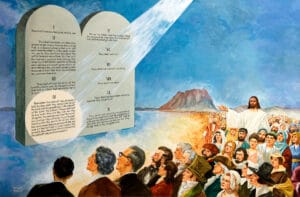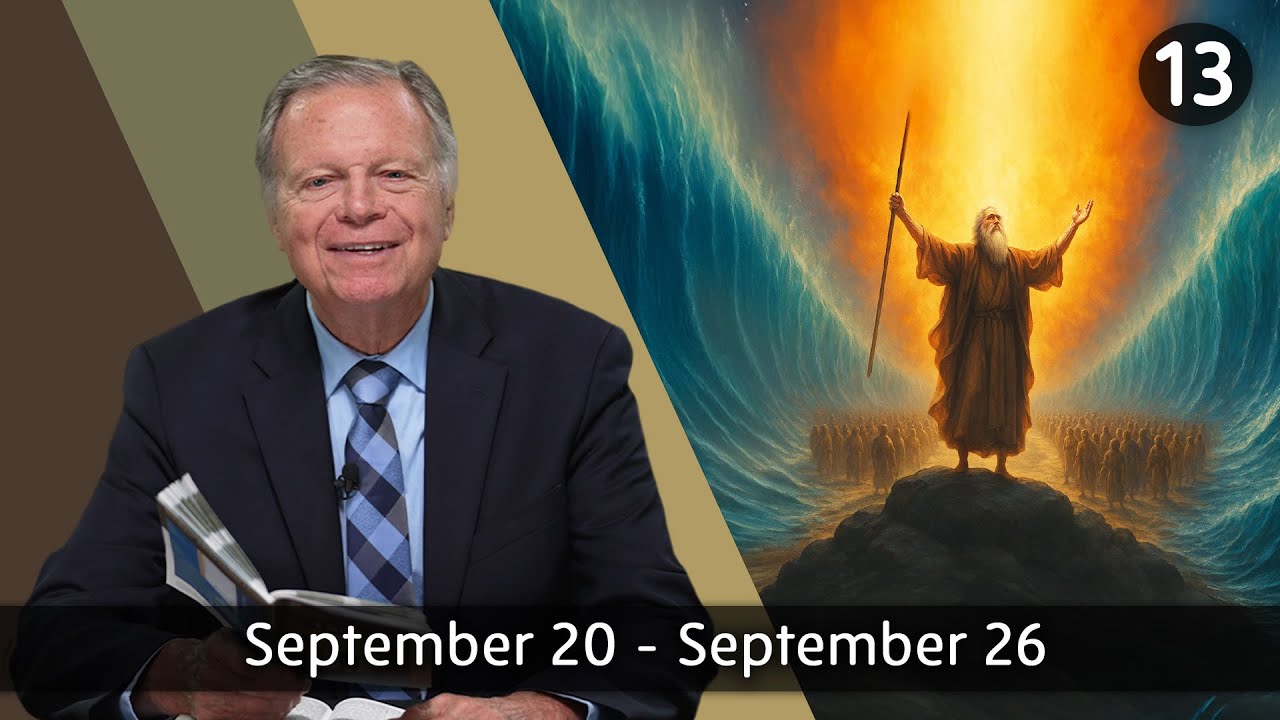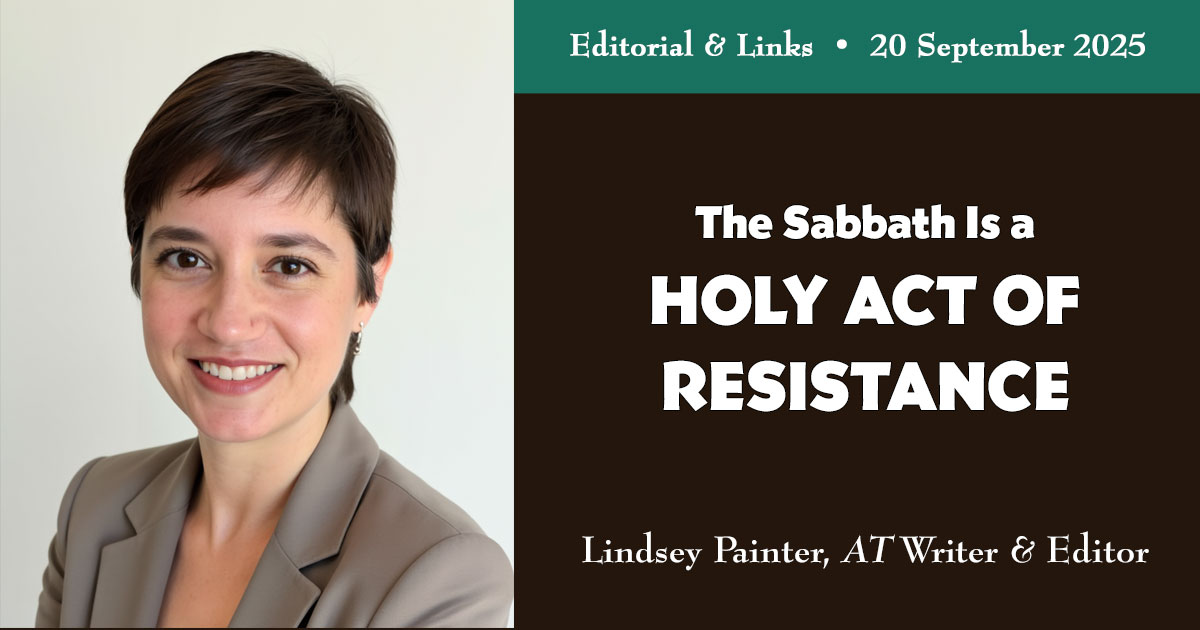Daily Lesson for Sunday 21st of September 2025
However much those opposed to the seventh-day Sabbath argue, falsely, that it was for the Jews only (the seventh day was set apart and sanctified in Eden [see Genesis 2:1-3]); or they argue, falsely, that the Jews first heard about it at Sinai (the Jews were keeping the Sabbath before Sinai [see Exodus 16:22-29])—there is no question that the Sabbath was very much a part of the life of the Hebrew people from the start.
Read Exodus 35:1-3. What truth was reiterated to the people here in the context of the building of the sanctuary?
The Sabbath and its message was, is, and always will be about God—who He is and what His mighty works are. The Sabbath reminds us of His creative and salvific acts and focuses our attention on God, who wants to dwell with His people. In this way, the Sabbath and the sanctuary point in the same direction: God’s presence in our lives.
The Sabbath of the Old Testament church conveys a manifold message. One may summarize its essence in five crucial points:
1. God is the Creator, and the Bible opens with this stunning and cornerstone proclamation (Genesis 1:1). The vivid memorial of God’s creation is the Sabbath (Genesis 2:2-3; Exodus 20:8-11). From this truth—God as our Creator—all other biblical truths flow.
2. The Messiah will come, and this hope centers on God’s promise of the Seed, who would overcome the serpent (Satan) and bring victory over evil.
3. God will establish His kingdom, and the Sabbath is its foretaste.
4. Salvation comes from the Lord, and God’s people testify that God is their Savior and Redeemer and that salvation comes as a result of His grace and His grace alone.
5. God is the ultimate Judge of all people. Those who persistently defy and deny Him will have no future, but He freely gives eternal life to those who follow Him.
|
The Jews have a saying: More than Israel kept the Sabbath, the Sabbath kept Israel. Though we as Adventists probably wouldn’t express it like that, what important role does the Sabbath have in the life of our church family? |
 (0)
(0)Source: https://ssnet.org/blog/25c-13-the-sabbath-of-the-lord/




